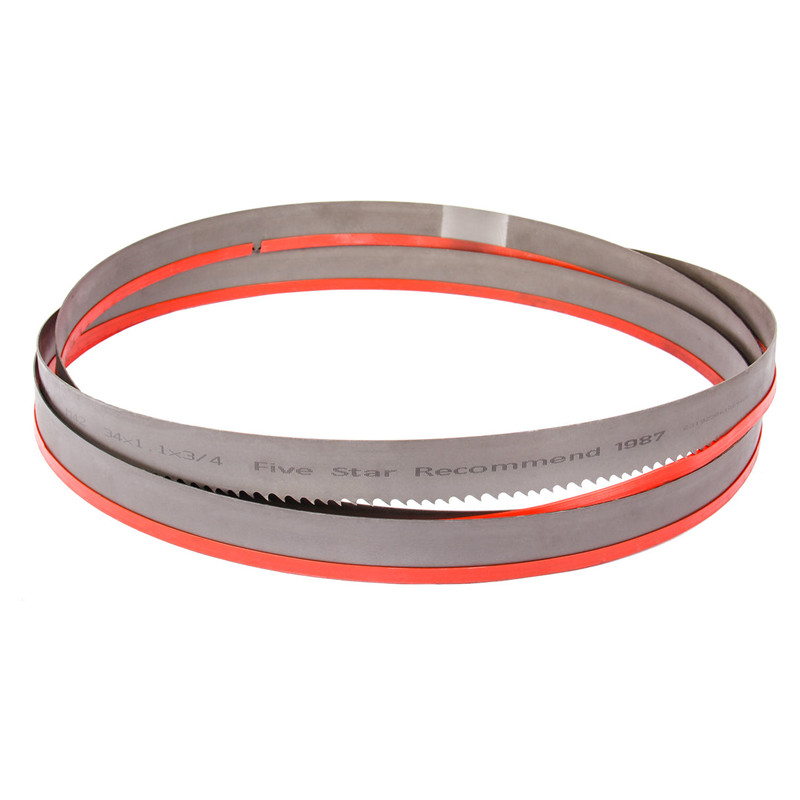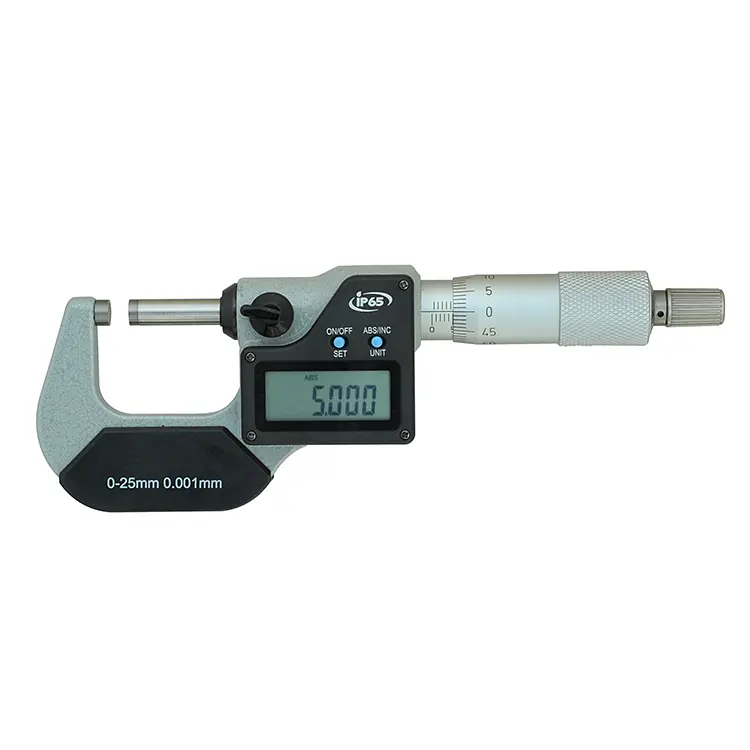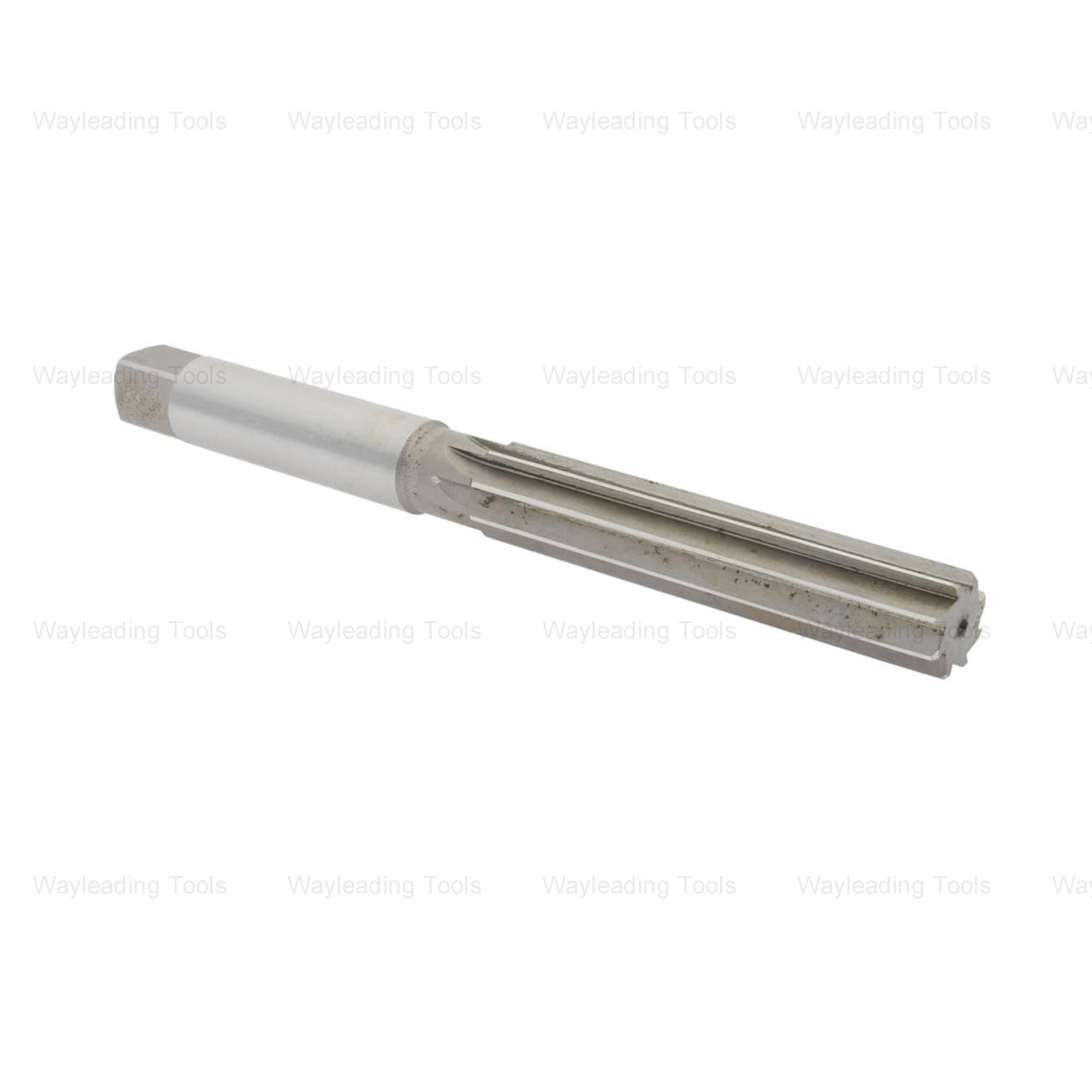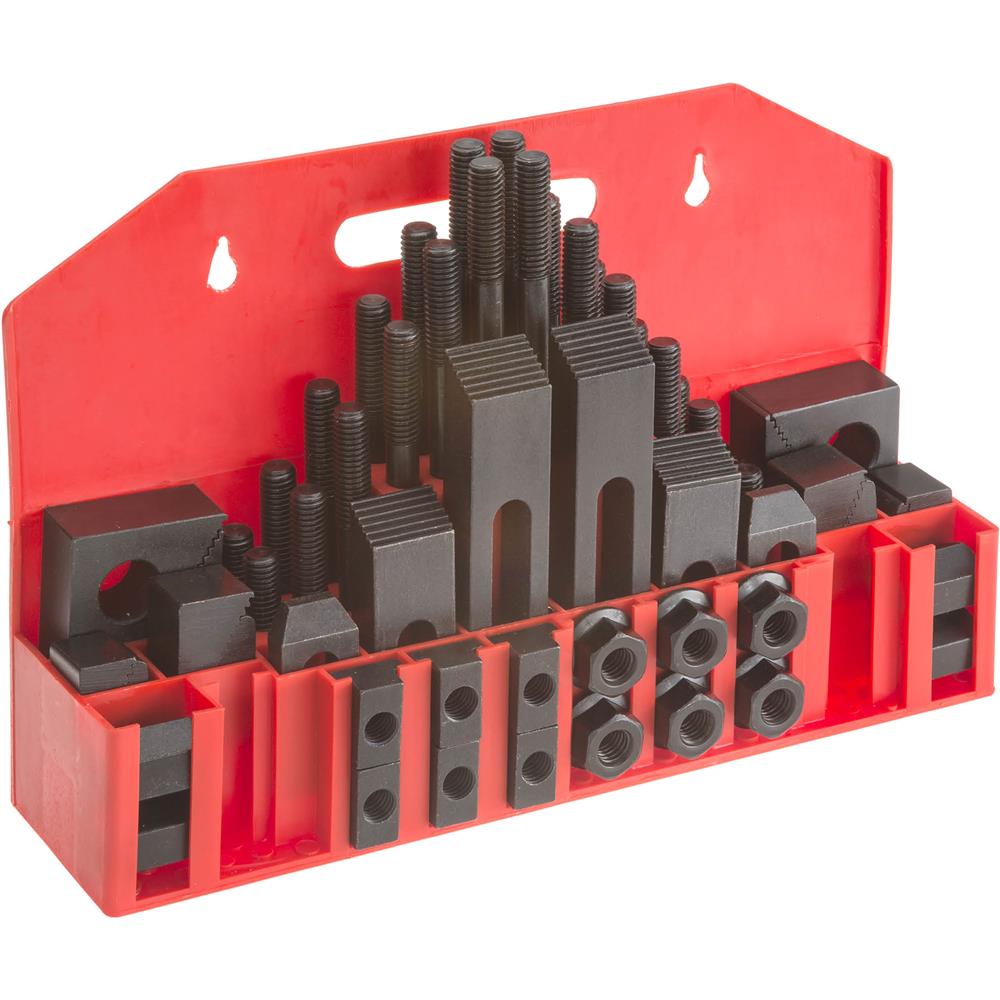Wholesale radius gage
A wholesale radius gage is a precision instrument used to measure the radius of an object, especially fillets or corners. This guide explores the different types, applications, and where to source them wholesale, helping you choose the right tool for your needs. We'll cover everything from understanding the basics to selecting the ideal set for your workshop or business.
Understanding Radius Gages
A radius gage, also known as a fillet gage, is a simple yet essential tool for machinists, engineers, and quality control inspectors. It's used to quickly and accurately determine the radius of curvature on a part. This is crucial in various manufacturing processes to ensure parts meet specific design specifications.
Types of Radius Gages
Radius gages come in different forms, each suited for specific applications:
- Individual Radius Gages: These consist of a single blade with a specific radius. They are ideal for verifying a single, known radius.
- Radius Gage Sets: These sets contain multiple blades, each with a different radius, covering a range of measurements. This is the most common type for general purpose use.
- Internal and External Radius Gages: Some sets include blades for measuring both internal (concave) and external (convex) radii.
How to Use a Radius Gage
Using a radius gage is straightforward:
- Select the blade that appears closest to the radius being measured.
- Hold the blade against the radius.
- Inspect the fit. If the blade matches the radius perfectly, there will be no light visible between the blade and the curve.
- If light is visible, try a different blade until a perfect match is found.
Applications of Radius Gages
Radius gages find applications in a wide range of industries:
- Machining: Verifying the radii of machined parts to ensure they meet specifications.
- Welding: Checking the fillet welds for proper size and consistency.
- Mold Making: Inspecting the radii of molds to ensure accurate part production.
- Quality Control: Ensuring that manufactured parts conform to design tolerances.
- Automotive: Measuring the radii of automotive parts.
Sourcing Wholesale Radius Gages
When purchasing radius gages wholesale, consider the following factors:
- Material: Look for gages made from hardened steel for durability and accuracy.
- Accuracy: Ensure the gages meet the required accuracy standards for your application.
- Range: Choose a set with a range of radii that covers your needs.
- Quantity: Determine the number of sets you need to meet your production or inventory requirements.
- Supplier Reputation: Research the supplier's reputation for quality and reliability. Consider a trusted provider like Wayleading Tools for your metrology needs.
Selecting the Right Radius Gage Set
Choosing the right radius gage set depends on your specific requirements. Here's a table to help you decide:
| Application | Recommended Gage Type | Radius Range |
|---|---|---|
| General Machining | Standard Radius Gage Set (Internal & External) | 1/64' - 1/2' (or metric equivalent) |
| Welding | Fillet Gage Set | 1/8' - 1' (or metric equivalent) |
| Mold Making | Precision Radius Gage Set | Very Fine Increments (e.g., 0.01mm) |
Maintenance and Care
Proper maintenance will ensure the longevity and accuracy of your radius gages:
- Clean the gages regularly with a soft cloth to remove dirt and debris.
- Store the gages in a protective case to prevent damage.
- Avoid dropping the gages, as this can damage the blades.
- Periodically check the gages for accuracy against a known standard.
Conclusion
Investing in high-quality wholesale radius gages is essential for ensuring the accuracy and consistency of your manufacturing processes. By understanding the different types, applications, and selection criteria, you can choose the right tools for your needs and maintain their accuracy for years to come. Consider Wayleading Tools as your trusted partner. They offer a comprehensive selection of precision measuring tools. Their knowledgeable team can assist you in finding the perfect solution for your application.
Disclaimer: The information provided in this article is for general informational purposes only and does not constitute professional advice. Always consult with a qualified expert for specific applications.
Related products
Related products
Best selling products
Best selling products-
 Outside Micrometer Set Of Inch & Metric For Industrial
Outside Micrometer Set Of Inch & Metric For Industrial -
 Auto Self Reversible Tapping Chuck In Drill Machine
Auto Self Reversible Tapping Chuck In Drill Machine -
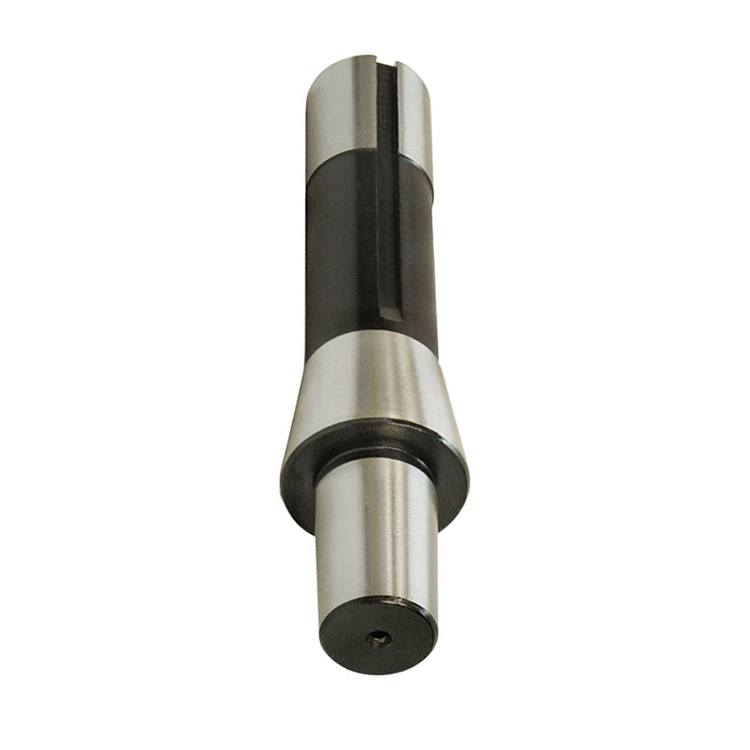 R8 Drill Chuck Arbor For Milling Machine
R8 Drill Chuck Arbor For Milling Machine -
 Single Wheel Knurling Tools With Straight Pattern For Industrial Type
Single Wheel Knurling Tools With Straight Pattern For Industrial Type -
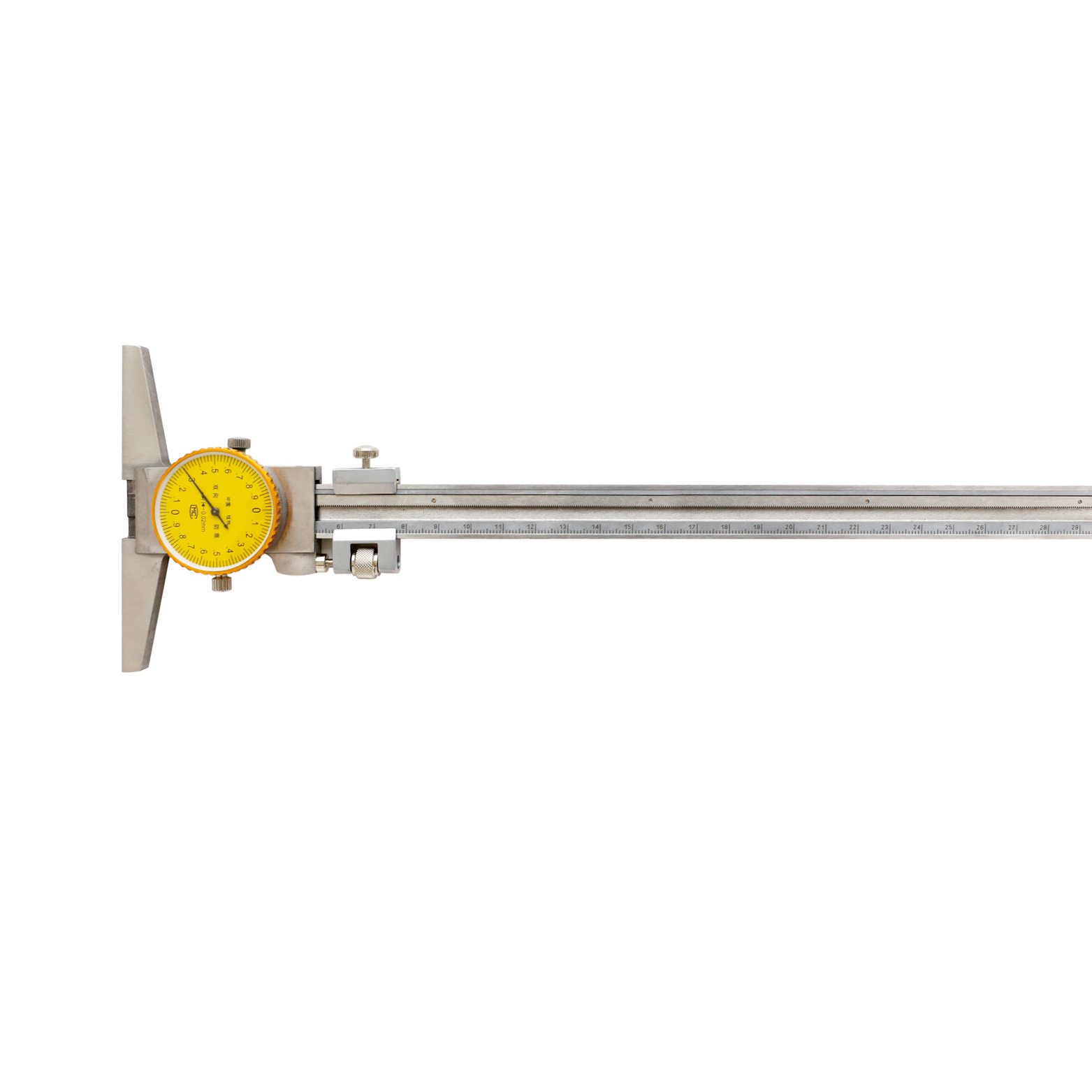 Dial Depth Gauge With Stainless Steel For Industrial Type
Dial Depth Gauge With Stainless Steel For Industrial Type -
 HSS Inch Convex Milling Cutter For Industrial
HSS Inch Convex Milling Cutter For Industrial -
 Deburring Tool Blades Using For Deburring
Deburring Tool Blades Using For Deburring -
 Precision Vernier Caliper With Nib Style Jaws Of Metric & Imperial For Industrial
Precision Vernier Caliper With Nib Style Jaws Of Metric & Imperial For Industrial -
 Partial profile 55° Threading Insert With ER & IR Type
Partial profile 55° Threading Insert With ER & IR Type -
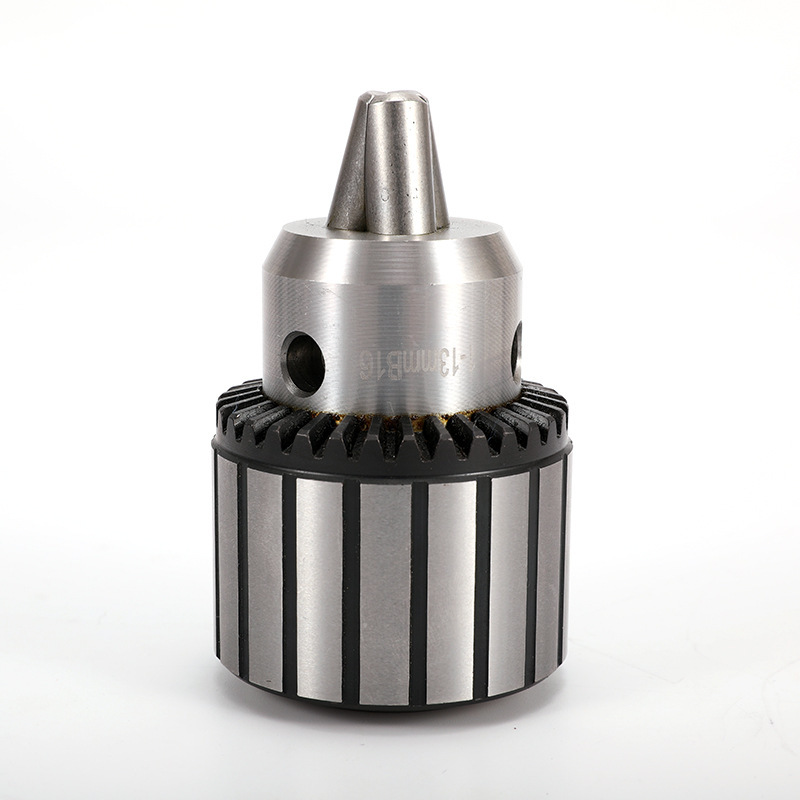 Key Type Drill Chuck With Heavy Duty Type
Key Type Drill Chuck With Heavy Duty Type -
 HSS Taper Shank Twist Drill – Metric Size
HSS Taper Shank Twist Drill – Metric Size -
 MT-APU Drill Chuck Holder With Keyless Type
MT-APU Drill Chuck Holder With Keyless Type


